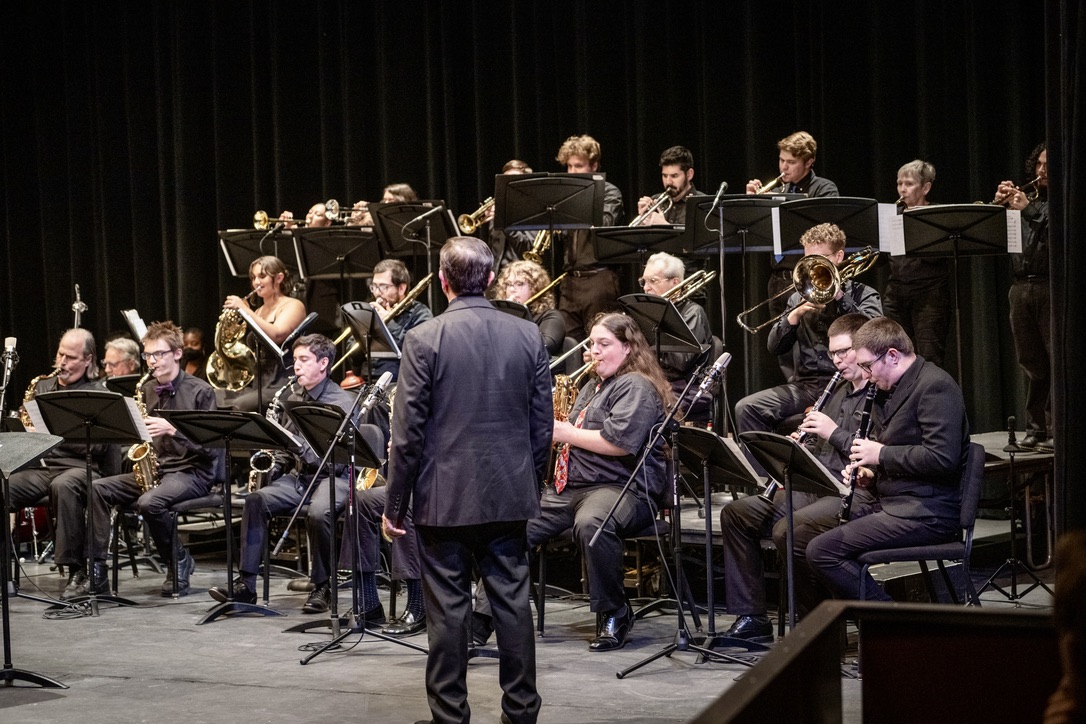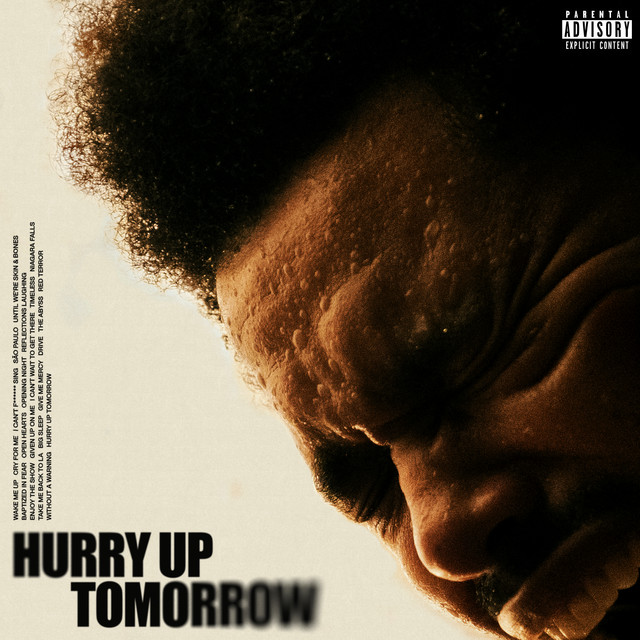As a long time music fan who has maintained a consistent awareness of the careers of the artists I enjoy, I’m always surprised to find the artists aging with me. I’m used to my media existing within a snapshot of time, perpetually locked in the age and attitude as I witnessed the performances that remain etched into the canals of my mind. In certain specific examples, the artist avoids getting lost in the zeitgeist of the scene and instead grows their sound and aesthetic to match their years and experiences.
Queens of the Stone Age developed its sound, which drew a more mature audience with releases such as “Like Clockwork,” as did Arctic Monkeys with its self-titled album. With the idiosyncratic chaos to be expected from The Mars Volta, they have developed their sound album after album, changing the assembly of their songs while preserving the erratic time signatures and unorthodox medleys that allows every subsequent album to remain as unique as its predecessor.
It’s no easy task to continue musically innovating while appeasing the audience. When the Mars Volta introduced the bleak plot and guttural vocal pitch behind “Deloused in the Comatorium,” then shifted into the ballad-driven, hard rock arrangement of “Octahedron,” I yearned for the comfort of the old sound. I begged to hear a reproduction of “Frances, The Mute” while ignoring the progression tantamount of a progressive rock band. With The Mars Volta’s new album “Lucro Sucio: Los Ojos del Vacio” I’ve finally found the opportunity to dispel my juvenile disposition and appreciate a new Mars Volta album for what it is, a beautiful and complicated production that shows me that I’m no longer reliant on Post-Hardcore spurs pressed against the last vestiges of my teenage angst.
The album follows the traditional bell curve pattern of presentation, building the album tempo with a complicated rhythmic section and seemingly ad hoc percussionship and electronic sound manipulation. As it moves along, the latin fusion/piano bar vibe remains consistent, which makes the performance behave like a concept album in both design and form. The listener never feels like any one track is superior to the other, as they all sound similar, but hold marked differences. There are notable tracks that, on their own, deserve a listen. Songs such as “The Iron Rose” act as tent poles for the vibe of the album, while “Voices in my Knives” and “Morgana” challenge it. As the album lands you back to reality after its scant 50-minute run time, you feel relaxed and transient from concerns. Further, the album sounds like a progressive rock album that could’ve been produced any time between 1979 and today. Mirroring the complexity of the Talking Heads and the melodic symphonies of Genesis, the album compliments progressive rock like a gentle kiss to the knuckle.
Fans of the band will recognize this as a consistency throughout their catalog, but what they would be surprised to find lies in the details that may seem insignificant to the casual listener. The album’s heavy presence of open hand drums display the latin jazz roots that the band has relied on since their inception, but in this production have found the means to incorporate those components more seamlessly. Additionally, the distortion of Cedric Bixler-Zavala’s voice throughout the album represents the band emerging from its reliance upon falsetto and instead allowing the vocals to connect with the wall of sound to a measure previous Mars Volta albums.
This example of creative freedom, be it the album itself or the guerrilla style with which it was leaked, is precisely what keeps me engaged as a fan. When I was 20-something, watching the Mars Volta blow out stadiums with aggressive rock ballads and complex dance moves reserved for the youthful and sinewy, I felt a compatibility with their collective attitudes. When I went to see them open for the Deftones at the Golden One Center this past March, I sat up in the 200 level and brought ear plugs. I took stock of the complexities of the composition and watched how Omar Rodriguez-Lopez sways to keep the rhythm while his guitar does everything it can to break from that pattern. As I watched this most recent performance, I recognized why I didn’t want to be down on the floor, standing adjacent to speakers and slam dancers. I had grown up.
And it would seem, with their wild stage presence replaced with deliberate musical technique, I wasn’t the only one.
Follow William Forseth on Instagram @WilliamForseth or email him at WilliamForseth@gmail.com








